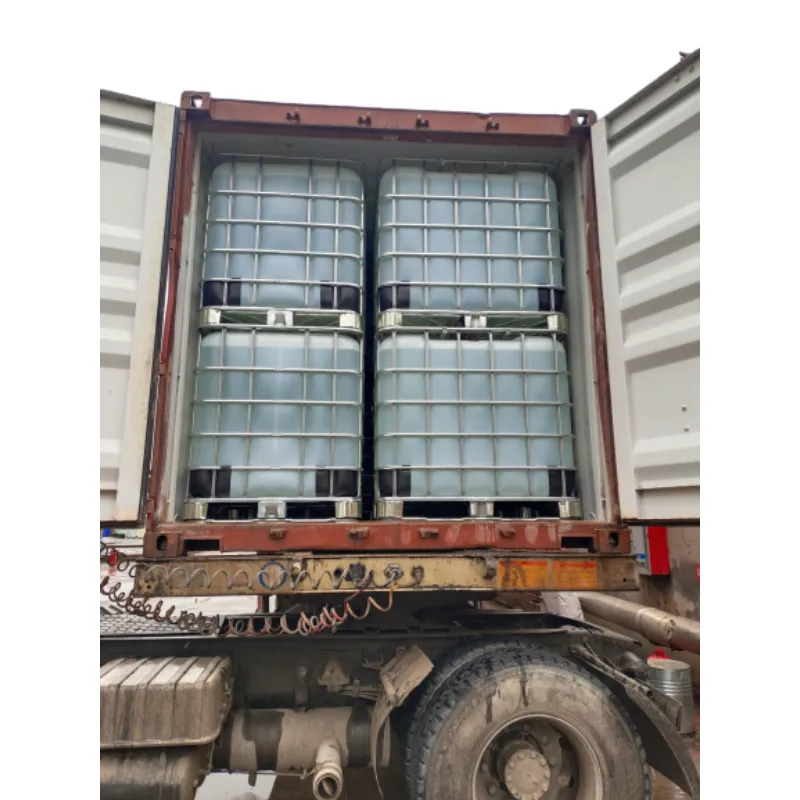
e401 food additive
Understanding E401 A Comprehensive Overview of the Food Additive
In the world of food additives, the letter E followed by a number signifies substances that have been evaluated and approved for use in food products within the European Union. One such additive is E401, which is commonly recognized as sodium alginate. This article will delve into the characteristics, uses, safety measures, and regulatory aspects surrounding E401.
What is E401?
E401 is a natural polysaccharide extracted from brown seaweed, primarily belonging to the genus *Macrocystis* and *Laminaria*. It is known for its gelling, thickening, and stabilizing properties. In culinary applications, sodium alginate is essential for various gel formulations, which makes it a popular choice in molecular gastronomy, a technique that combines science and culinary arts to create unique dining experiences.
Uses of E401 in Food Products
Sodium alginate plays a versatile role in the food industry. Its ability to form gels makes it ideal for various applications, including
1. Thickening Agent E401 is often used in sauces, soups, and dressings to enhance texture and viscosity.
2. Stabilizer In dairy products like ice cream and yogurt, sodium alginate helps maintain a uniform consistency and prevents separation of ingredients.
4. Spherification In molecular gastronomy, sodium alginate is utilized in spherification techniques to create caviar-like beads from flavored liquids. When mixed with calcium, it forms a gel that encapsulates liquid, leading to an explosion of flavor when consumed.
e401 food additive

5. Encapsulation E401 serves in the encapsulation of flavors and nutrients, making it easier for manufacturers to enhance the nutritional profile of their products.
Safety and Regulatory Aspects
E401 has been deemed safe for consumption when used as directed. It has undergone extensive research and has received approvals from many health organizations, including the European Food Safety Authority (EFSA). According to EFSA, sodium alginate is non-toxic and does not pose any significant health risks to consumers. However, as with all food additives, it is crucial that E401 is used within recommended limits.
Despite its safety, some individuals may experience mild digestive issues if consuming large amounts of sodium alginate, such as bloating or gas. As such, moderation is advised.
Alternative Perspectives
While E401 is a naturally derived additive and widely accepted, there are increasing consumer demands for transparency in food labeling and a preference for minimally processed ingredients. This has led to a rise in the popularity of whole food alternatives and natural thickeners like cornstarch and arrowroot powder. Consequently, food manufacturers are challenged to balance the demands for traditional culinary techniques with modern consumer preferences.
Conclusion
E401, or sodium alginate, serves as an essential food additive with various functional properties that benefit both manufacturers and consumers. Its applications in thickening, stabilizing, and gelling showcase its versatility in the kitchen. Moreover, the extensive safety evaluations affirm its place in the food industry. As consumer preferences evolve, it will be interesting to observe how E401 continues to adapt within the broader context of food production and culinary innovation.
In summary, understanding E401 reveals not only its importance in food technology but also the dynamic relationship between food additives and consumer attitudes towards food products.
-
Understanding Synthetic Rubber OptionsNewsApr.27,2025
-
Trichloroisocyanuric Acid: Essential for Clean and Safe WaterNewsApr.27,2025
-
Sodium Dichloroisocyanurate: Key to Safe Water TreatmentNewsApr.27,2025
-
Sodium Acid Pyrophosphate: Essential in Modern Food ProcessingNewsApr.27,2025
-
Essential Water Treatment ChemicalsNewsApr.27,2025
-
Denatured Alcohol and Its Industrial UsesNewsApr.27,2025
-
The Versatile Uses of Sodium BicarbonateNewsApr.24,2025
Hebei Tenger Chemical Technology Co., Ltd. focuses on the chemical industry and is committed to the export service of chemical raw materials.
-

view more DiethanolisopropanolamineIn the ever-growing field of chemical solutions, diethanolisopropanolamine (DEIPA) stands out as a versatile and important compound. Due to its unique chemical structure and properties, DEIPA is of interest to various industries including construction, personal care, and agriculture. -

view more TriisopropanolamineTriisopropanolamine (TIPA) alkanol amine substance, is a kind of alcohol amine compound with amino and alcohol hydroxyl, and because of its molecules contains both amino and hydroxyl. -

view more Tetramethyl Thiuram DisulfideTetramethyl thiuram disulfide, also known as TMTD, is a white to light-yellow powder with a distinct sulfur-like odor. It is soluble in organic solvents such as benzene, acetone, and ethyl acetate, making it highly versatile for use in different formulations. TMTD is known for its excellent vulcanization acceleration properties, which makes it a key ingredient in the production of rubber products. Additionally, it acts as an effective fungicide and bactericide, making it valuable in agricultural applications. Its high purity and stability ensure consistent performance, making it a preferred choice for manufacturers across various industries.











